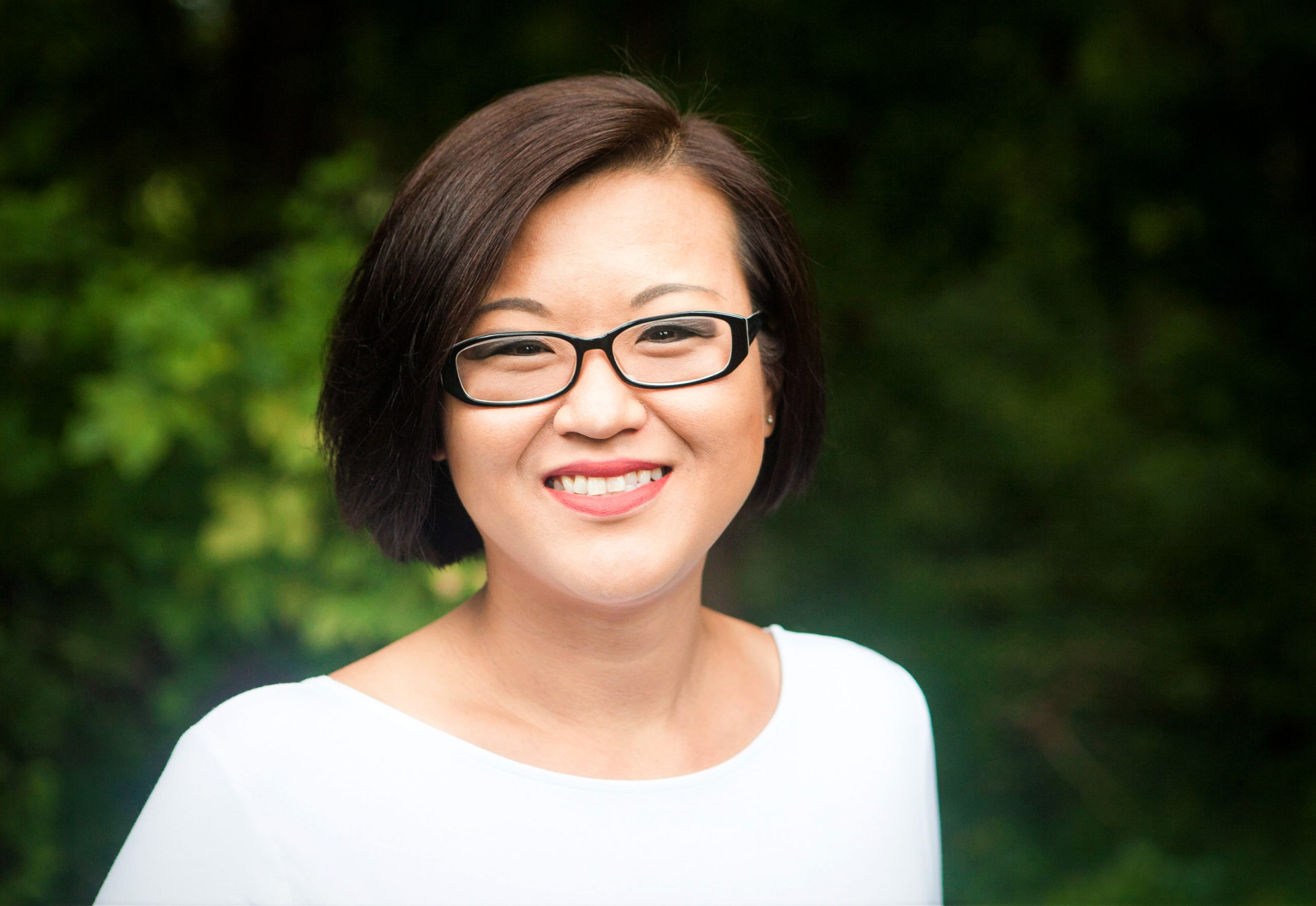Image: Katie Eichele works as director of the Aurora Center. “Whatever you can do and choose to do to end and prevent sexual misconduct, is the right thing to do,” Eichele said. (Courtesy of Katie Eichele)
Katie Eichele provides support to students facing sexual assault, relationship violence, stalking and sexual harassment.
By: Marlee Louden
Katie Eichele, the director of the Aurora Center at the University of Minnesota, emphasizes that she is not a licensed therapist. But mental health plays an important role in her workwith victims and survivors of sexual assault, relationship violence, stalking and sexual harassment.
When students visit the center to use the free and confidential services available, counselors consider what services they may need based on their specific mental health needs.
“We are transparent,” Eichele said. “We ask them if they have had a history of mental health because we want to gauge what resources would be best for them.”
Eichele, who has been director of the Aurora Center for nearly 10 years, did not start her career expecting to do work related to mental health and sexual violence.
Her main interests were in diversity, equity and inclusion. Skilled in policy work, she began working at the University as a housing and residence life director, overseeing Sanford Hall and Roy Wilkins Hall. Later, she was promoted to coordinator of judicial affairs for 11 residential communities.
Eichelewas recruited for the Aurora Center in 2011. She said it was a big change for her to move from sanctions and disciplinary processes to helping victims and survivors of sexual misconduct.
“I went from telling students ‘you must do this by this time’ or ‘here is the consequence’ to learning a lot more about working with mental health,” Eichele said.
Trauma is at the heart of the incidents that victims and survivors face, she said. With the help of resources and conversation, such trauma-induced events that adversely affect mental health can often be mitigated within a year, Eichele said. However, students with previously diagnosed conditions may take much longer to heal.
The Aurora Center assists students in finding different living conditions or filing restraining orders to make them feel more comfortable. Eichele said this can ease any immediate stress that students may have.
The center also helps students through referrals to Student Counseling Services (SCS) or Boynton Health. Students in need of therapy or counseling are referred to SCS, while students who need both medication management and counseling are referred to Boynton Health.
“We are not here to diagnose anyone. We give them options about mental health resources,” Eichele said.
Eichele feels strongly about making a difference in the lives of the victims and survivors who are vulnerable and often feel like giving up, a passion that her colleagues say make her the right person for this job.
“I know that Katie cares really deeply about survivors and also has a commitment to equity and justice, so I think those things together are really important if you’re in the position that she’s in,” Anitra Cottledge, director of the Women’s Center at the University of Minnesota, said. “I think she has a real gift for pushing the boundaries for how we all might think about advocacy work around these issues.”
Laura Knudson, assistant vice provost of Student Advocacy and Support at the University, which oversees the Aurora Center, said Eichele was a “huge advocate” and “a go-to for preventive education and response related to sexual violence” on campus.
“I think people see her on campus as an expert in this area,” Knutson said. “She has really developed a reputation for being somebody that people can goto and they are going to get really creative and responsive action.”
Eichele said that as an Asian woman and a BIPOC leader at the University, one of her main priorities is trying to invite more underrepresented victims and survivors to seek services.
“Trying to diversify our own team really opens up the people that seek help. There have been Black students who have said that ‘if I knew there were people who looked like me in your office, I would have come a lot sooner,’” she said.
Eichele’s commitment to collaboration helps greatly to achieve goals set for herself and the center. “I will never let politics get in the way of trying to work together to do the right thing,” she said.“Whatever you can do and choose to do to end and prevent sexual misconduct is the right thing to do.”
